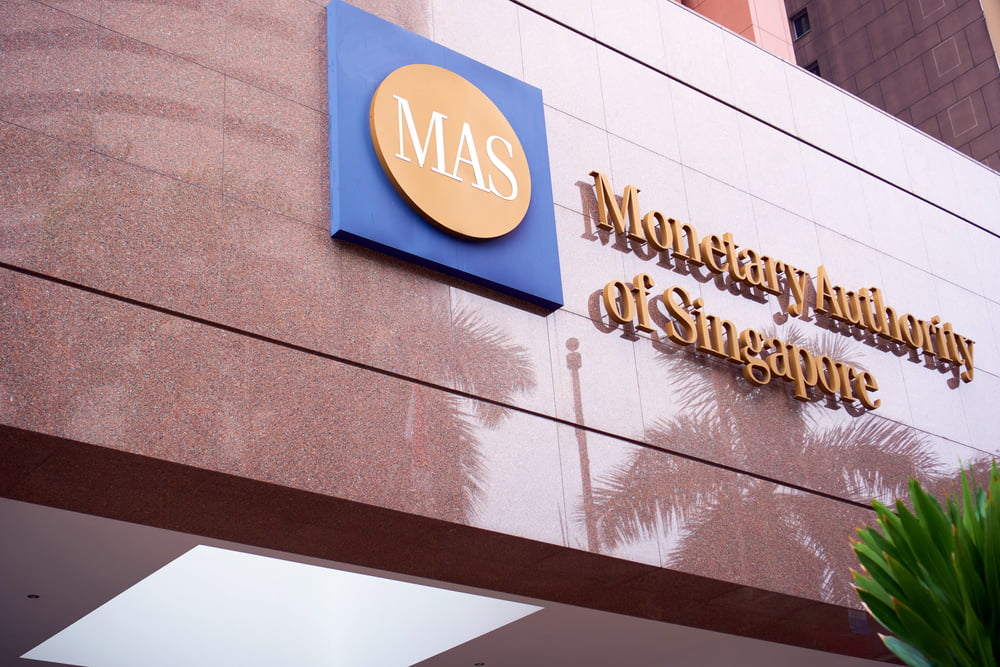Blockchain technology has always been thought to be capable of making a big impact in the financial sector. There’s still a lot of work to be done in that regard, but the Monetary Authority of Singapore is on the right track. Its Project Ubin has gotten a lot of attention in the country already. With three different blockchain-based payment prototypes in development right now, the future looks rather bright for this particular venture.
MAS Embraces Blockchain for Project Ubin
It is always interesting to see financial authorities embrace blockchain technology for specific purposes. The Monetary Authority of Singapore is currently in the process of building three different blockchain-based payment solutions. That in itself is pretty intriguing, especially considering there was no indication of such a venture until relatively recently. Then again, things are evolving quickly in the world of blockchain these days.
It seems Project Ubin has undergone an initial testing phase already. The main focus of that trial revolved around interbank transfers on a private Ethereum blockchain. While private ledgers are often considered controversial, it is only logical that financial institutions would not embrace a public blockchain anytime soon. In this case, it does appear interbank transfers were successful in the end.
Moreover, the second phase of Project Ubin has begun as of yesterday. As part of this second phase, three different software models have been developed to introduce transaction privacy and a decentralized queue. The scope of this project has also expanded, as the goal is now to settle both payments and securities moving forward. With around a dozen financial institutions contributing to this project to date, there is already major interest in this project.
By the looks of things, Project Ubin aims to become a foundation of a new unified approach to new payment systems of the future. That is a rather ambitious and bold plan, but the current work shows there is some good progress being made already. Experimenting with DLT is of the utmost importance to banks in Singapore, and this joint effort goes to show there are plenty of willing hands right now.
MAS’s Chief Fintech Officer Swapnendu Mhanty commented:
“A key outcome of the consortium’s effort is the ability to perform netting while protecting the privacy of transactions. This helps to open up opportunity for a wider adoption of DLT-based settlement systems. We are sharing our learnings and knowledge from Project Ubin to encourage greater experimentation amongst central banks and financial institutions. We look forward to working with other central banks on the use of DLT for cross-border applications.”
There are clearly many benefits to embracing this decentralized technology. Blockchain-based systems allow for faster and cheaper transactions between different financial institutions. Moreover, the fact that so many banks are already collaborating confirms the Singaporean financial ecosystem stands to gain a lot from this venture. This is bound to eventually inspire further innovation as well.

